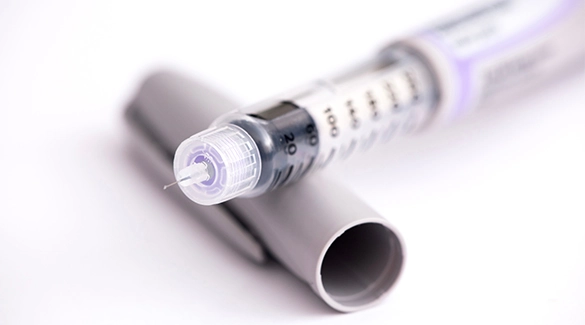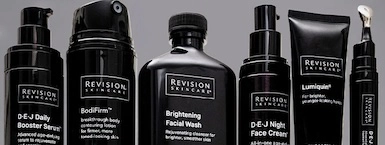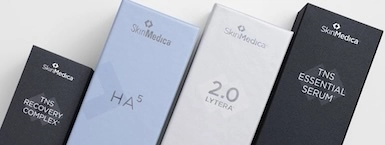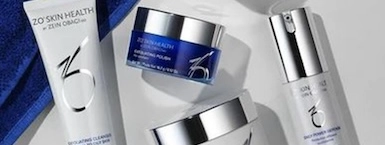Sun, Skin Safety and Retinols: How to Keep Your Anti-Aging Routine Safe This Summer
by Toni Lee Roldan-Ortiz, Lead Medical Aesthetician, Deep Blue Med Spa
If you’re like most people, you’ll probably find yourself getting more sun-aware as the days grow longer and we move toward summer–especially if you use a photo-sensitizing retinoid anti-aging treatment. May, the traditional start of summer at Memorial Day, is also Skin Cancer Awareness Month–a great time to make sure your anti-aging products are in line with maximum sun protection.
What are retinols?
Retinols are beneficial Vitamin A-based compounds that improve the texture and appearance of the skin. They work by penetrating the skin’s lipid barrier and normalizing skin cells, while also giving protection from skin cancer. Skin looks brighter, healthier and firmer. There’s no reason why adults of all ages should not start retinol treatment early–it prevents premature aging and promotes healthy skin. Retinols and retinoic acid are photo-sensitizing: meaning they make skin more vulnerable to the sun.
Can I use retinols during the summer?
Absolutely! It is more important than ever that your retinoid treatment (which is an evening application) is being compounded with an effective sunscreen, and that you should be even more vigilant about it during months when you’re out in the sun more.
Am I being misled by my sunscreen?
Buying sunscreen over the counter can be deceptive. You may think you’re getting higher protection because you’re using a 100 SPF or more, but are you? No, because the amount of chemicals that have to be added in order to achieve such a high SPF is not worth the small amount of extra UVB protection you receive. Most importantly, when people apply 100+ SPF they think they are protected for longer periods of time and that is not the case. All sunscreen must be reapplied no matter the SPF.
A good rule of thumb is that SPF should be a minimum of 30 and a maximum of 50. Most importantly, you must look at the active ingredients: physical or chemical blocks. Look for an SPF with physical blocks like zinc and titanium (which we use in our own Deep Blue Med Spa-branded sun blocks) rather than the number of the SPF. Chemical compounds absorb the UV rays, can be irritating to skin and provide less adequate coverage. Physical blocks reflect these rays and give you full broad spectrum protection. So when you’re using retinoid products, make sure your sunscreen is composed of physical blocks such as zinc and titanium, as well as an SPF between 30 and 50.
What else can I do to protect my skin during the summer?
Summer, with its increased skin and sun damage awareness, is also a great time to have a comprehensive skin analysis done. Here, we use Visia—skin complexion analysis with your consultation that lets us find out how well your face is aging. We can see hyperpigmentation, erythema (redness factors) and rosacea, fine lines, wrinkles, texture, and sun damage. This tool gives you a road map to how your face will look ten or twenty years from now, given its current condition, as well as help you stem the tide of aging with prescription-strength retinoids, available from us right in the spa. Along with custom-chosen retinoids, we also will recommend the right full broad spectrum sunscreens as well as skin serum antioxidants, which are important to use during the day after retinoid use at night.
As layers start coming off this spring and early summer, we recommend that you use your heightened sun and skin awareness to stay protected as well as radiant and youthful.
Retinoids are a nature-based, scientifically-proven way to stay youthful and healthy looking. With a little forethought and care, they can continue to be used in months when you and the sun get together more often!
Please send questions to Blogs@lipsg.com–we’d love to hear your thoughts, questions and concerns about your skin routines and summer sun safety. If you would like more information about our skin care products, or would like to schedule a consultation, please contact us today!

















